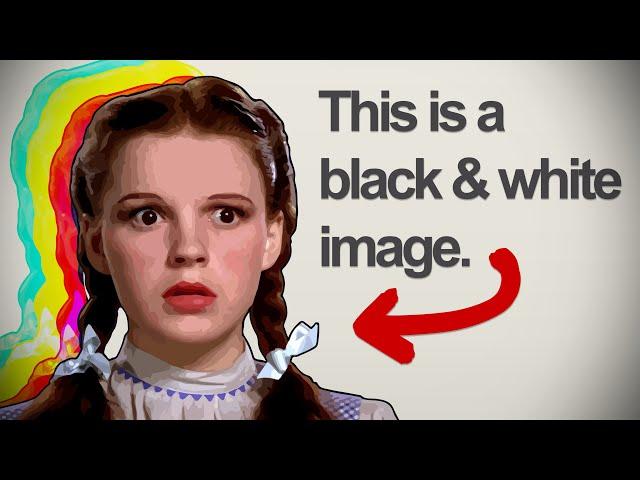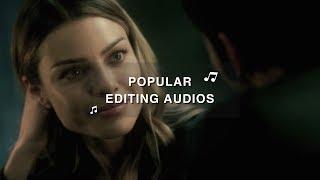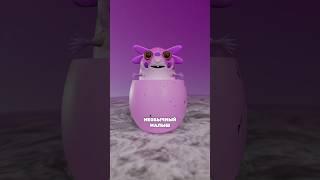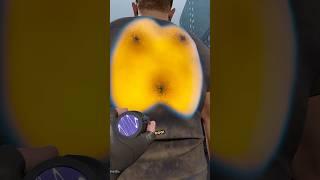
The Biggest Lie in Hollywood | Technicolor
Комментарии:
The Biggest Lie in Hollywood | Technicolor
NationSquid
LO SMARTPHONE IN LEGNO! Recensione MOTOROLA EDGE 50 ultra
andreagaleazzi.com
10 Causes of ITCHY Scalp!
House of Medics
Эфир в 4К60 от 19 окт 2024 в горизонталке. Часть 1 Ремезов, Центральный рынок, Депо.
Капитан АйТи сын Мавроди
KTM 85 #shorts
GRO Life
3.04 - Wojna energetyczna USA-Rosja. Są symptomy nawrotu
Wojciech Jakóbik - Energy Drink
BONUS: An Affordable Permaculture Design Course w/ @schoolofpermaculture
Permaculture PIMPcast
เจ้าแม่กวนอิม สว่าง สะอาด สงบ ( เสียงเด็ก )
chana kongsuwun
popular editing audios #1
okaychyler
qnet presentation - qnet presentation 2019 qnet business presentation Qnet Business plan
Network Marketing Revolution


























